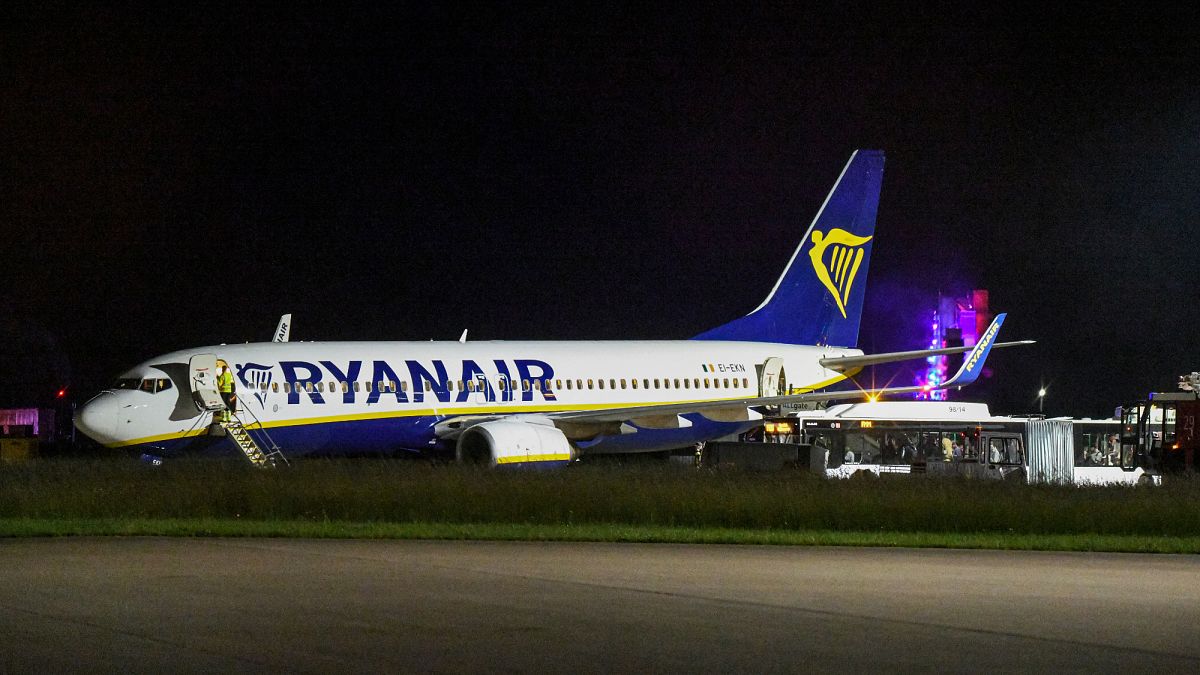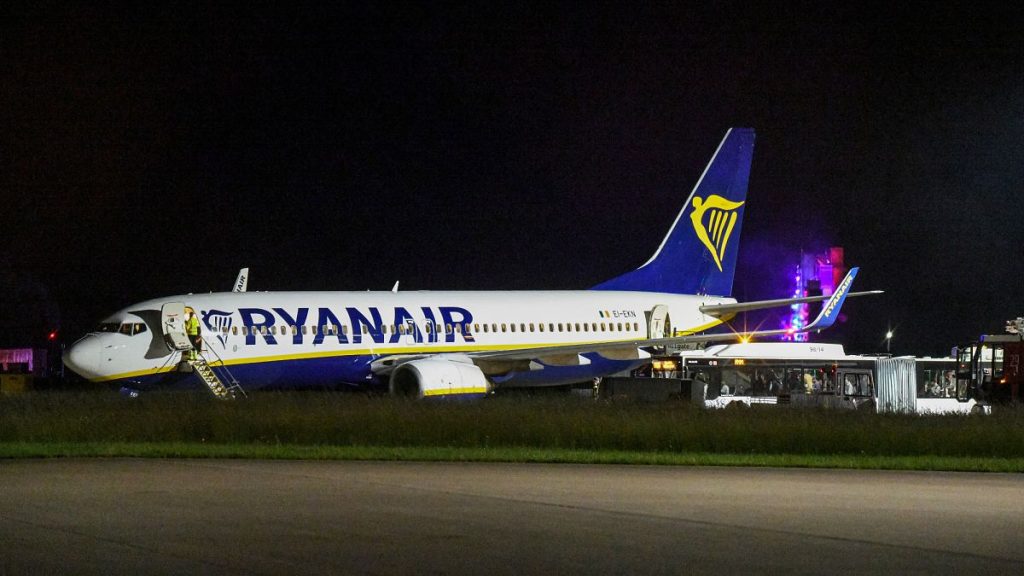Ryanair has cut one million seats from its flights to Spain this winter, causing a significant decline in regional airport traffic, while continuing to expand at Madrid and Barcelona airports.
The low-cost airline announced on Wednesday, September 3, that it will reduce one million seats to and from Spain during the 2025 winter season, blaming high and non-competitive fees imposed by AENA, the operator of Spanish airports.
The company said it will reduce capacity by 10%, equivalent to 400,000 seats in the Canary Islands, and by 41%, or 600,000 seats, at Spain’s regional airports. Overall, this will result in a reduction of one million seats this winter, with an annual cut estimated at two million seats.
Ryanair confirmed that the decision came after AENA announced a 6.6% increase in airline fees starting in 2026, the highest rise in over ten years, despite the company posting record profits in 2025.
Eddie Wilson, CEO of Ryanair DAC, stated that this increase “reflects that the monopoly company running the airports does not care about developing air traffic at regional airports but only seeks to achieve record profits from major airports.” He added that most of the capacity allocated to Spain will be shifted to more efficient airports in countries like Italy, Morocco, Croatia, Sweden, and Hungary.
Ryanair will close its two-aircraft base in Santiago and will stop all flights to Tenerife North Airport starting from the beginning of the winter season, in addition to halting flights to Vigo Airport from January 1 next year.
The company’s base at Valladolid Airport, closed since winter 2024, will remain closed this winter as well, while Jerez Airport will be out of service throughout the 2025 winter season.
Other regional airports will see significant cuts, with flights from Santiago down 38%, Zaragoza by 45%, Asturias by 16%, and Vitoria by 2%. Additionally, 36 extra routes connecting Spanish regions and the Canary Islands will be canceled.
Conversely, the company plans to continue growing at major airports such as Madrid and Barcelona.
Ryanair warned that these cuts “will hurt already weak regional airports the most and will lead to loss of investment, tourism connectivity, and jobs in regional Spain.”
The company noted it currently contributes about 28 billion euros to Spain’s GDP.
This move comes as Spain continues to attract record numbers of tourists, having welcomed 11 million international visitors in July, the highest monthly figure in its history.
However, Ryanair’s route reductions may make travel to Spain more expensive and difficult for European travelers, especially to remote areas, meaning fewer flights, higher prices, and additional disruptions at a time when many are already struggling with the cost-of-living crisis.














Recommended for you
Exhibition City Completes About 80% of Preparations for the Damascus International Fair Launch
Talib Al-Rifai Chronicles Kuwaiti Art Heritage in "Doukhi.. Tasaseem Al-Saba"
Unified Admission Applications Start Tuesday with 640 Students to be Accepted in Medicine
Egypt Post: We Have Over 10 Million Customers in Savings Accounts and Offer Daily, Monthly, and Annual Returns
His Highness Sheikh Isa bin Salman bin Hamad Al Khalifa Receives the United States Ambassador to the Kingdom of Bahrain
Al-Jaghbeer: The Industrial Sector Leads Economic Growth